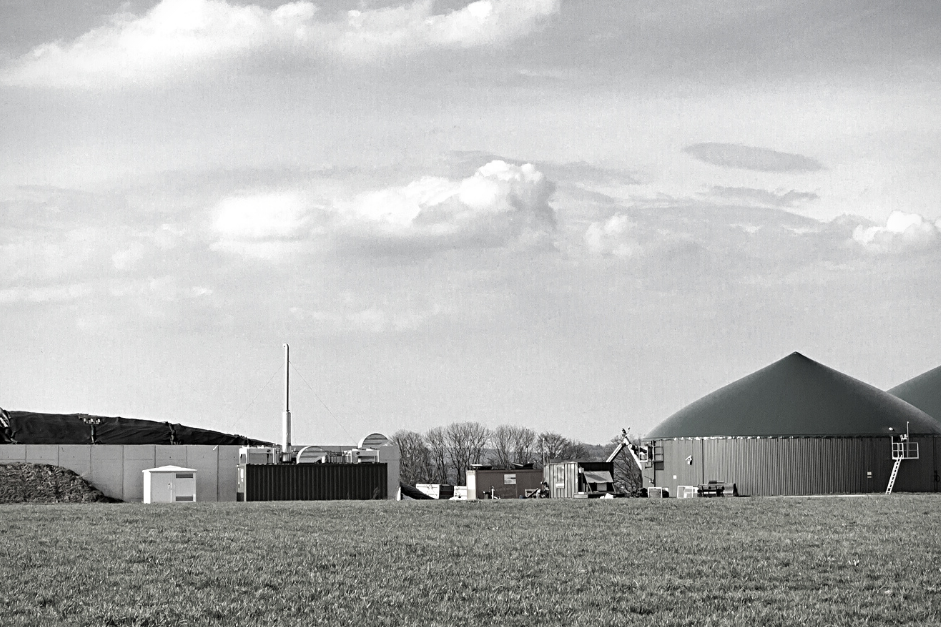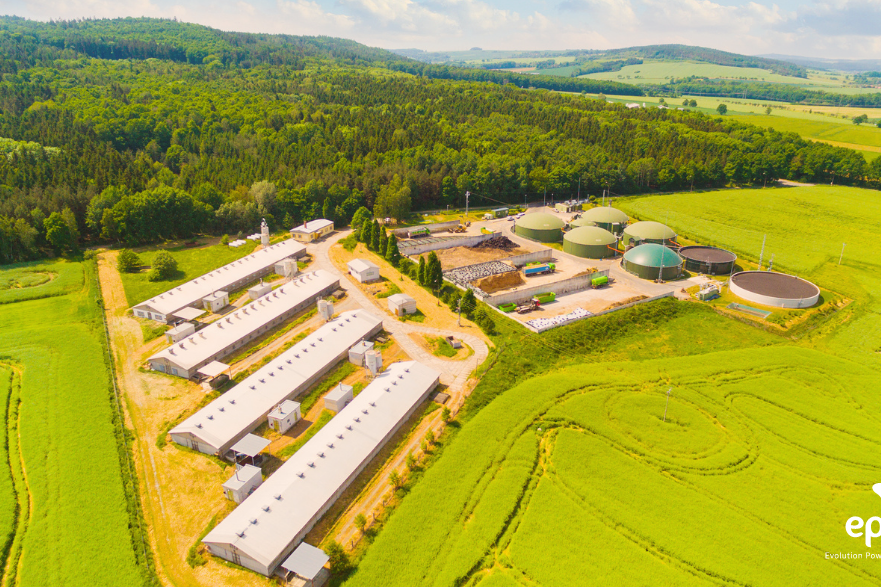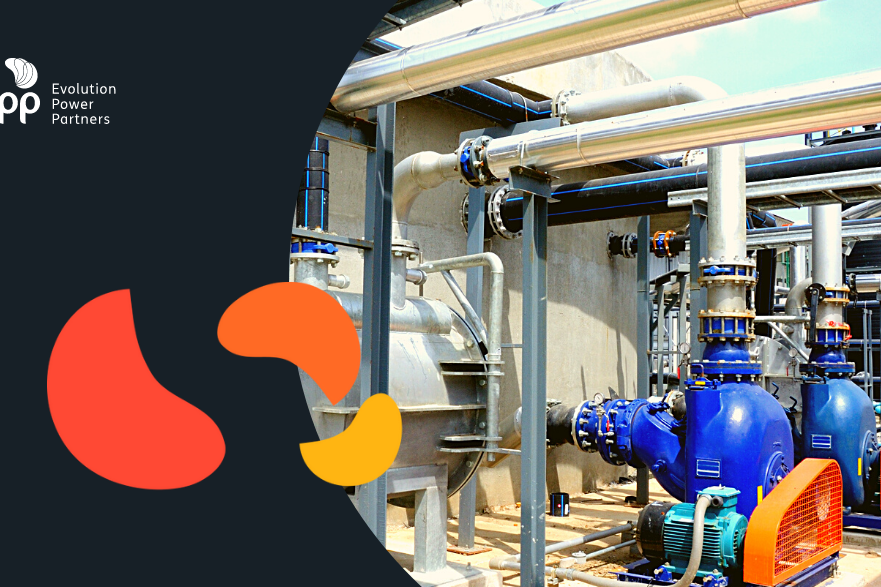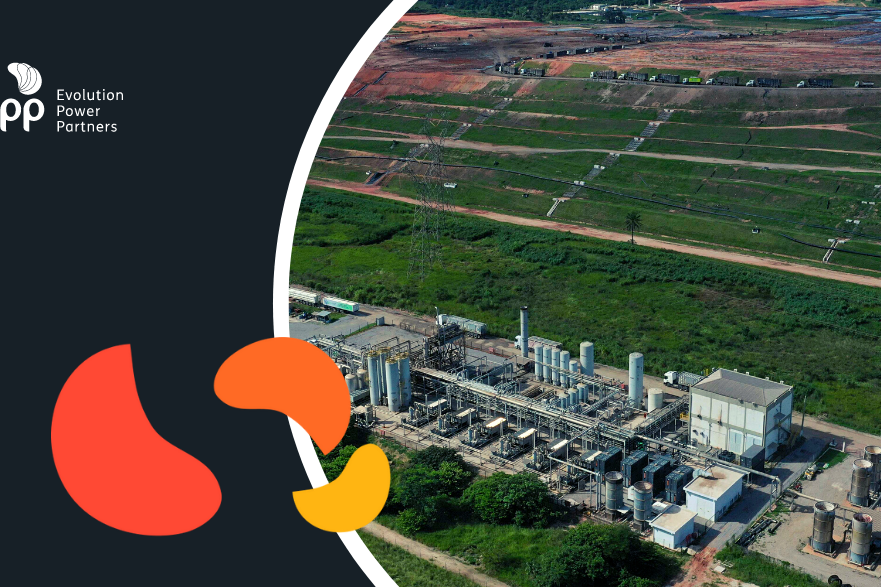How does biomethane help in the decarbonization of the transport sector? Understand why gas is the possible replacement for CNG.
Biomethane production in Brazil has grown and gas is cited as a source for decarbonization in the transport sector. According to the survey carried out by Abiogás, there are 25 biomethane plants expected to start operating by 2027 with projects in which investment exceeds R$ 1 billion. With this, it is expected to reach 2.3 million m/³ day of produced volume.
For Abiogás, the production potential is 100 million m/³ day. Currently, in the country, according to Cibiogás, there are only 10 units in operation, generating 435 thousand m/³ day. The Ten Year Energy Expansion Plan 2031 put biogas as a route to decarbonise the transport sector. According to the document, the National Biofuels Policy (RenovaBio) and the new gas market should boost investments and leverage the model in the country.
How does biomethane help in the decarbonization of the transport sector?
Biomethane is a gas from biogas and the process separates methane from carbon dioxide and hydrogen sulfide and has greater combustion power than biogas. While biogas has a calorific value between 4,500 and 6,000 kcal/m³ and can be consumed directly, biomethane, whose energy content is similar to that of natural gas, has a calorific value of 9,256 kcal/m³.
With processing, the polluting gases no longer go into the atmosphere and can be used in automobiles for combustion. Thus, after this process, the gas behaves similarly to vehicular natural gas, so it is an alternative to fossil gas in the transport sector.
Because of these characteristics, biomethane is called the green fuel. After all, energy generation comes from the management of animal or plant waste. In other words, animal waste, crop residues or urban solid waste (MSW) are no longer an environmental liability and become an energy asset. Thus, in addition to reducing the costs of waste management, a new purpose is given to the materials involved in the process.
Biomethane can fuel any vehicle with a CNG kit (vehicle natural gas), with the advantage of being renewable. In addition, it can reduce pollutant emissions by up to 90% compared to other fossil fuels. Going beyond the environmental benefits, it is also more economical, with up to 30% higher efficiency than ethanol. Therefore, for the transport sector that is so difficult to decarbonize, the expansion of biomethane is one of the solutions.
Next steps for the future
According to ABiogás projection, biomethane could supply around 25% of the Brazilian fleet, if they managed to make full use of it. However, there is enormous potential to be explored, but there is a need for legal frameworks to bring competitiveness to the sector, as well as to expand other sources, such as sustainable aviation fuel (SAF), hydrogen and green diesel.
The Brazilian territory is favorable for the production of biogas and biomethane, with about 60% of its potential located in rural properties. In this sense, businessmen and farmers have already started to invest in units.
With the acquisition of Gás Verde, Urca Energia became the largest producer of biomethane in the country, a sustainable biofuel that contributes to the preservation of the environment and has great potential to transform the energy matrix of Brazilian companies. Marcel Jorand, executive director of the Urca Energia group and CEO of Gás Verde, explains that in addition to the environmental aspect, biomethane allows more predictability in the planning of the industry, since production is 100% national and, therefore, its prices are not linked to exchange rate and oil price fluctuations, as with natural gas. Also, according to Marcel Jorand, the acquisition of Gás Verde reinforces the alignment with the UN goals of reducing greenhouse gas emissions. The adoption of biofuels is the most efficient way for an effective change in the companies’ production process.
There is also a significant amount that can be obtained through urban solid waste and sewage, but, in this case, it is essential that municipal governments develop projects or public-private partnerships that allow the use of waste for energy generation.
For industry experts, the biogas and biomethane market is just getting started and proving its worth. When considering carbon credits, Cbios and renewable energy traceability certificates, the source already represents 40% of the projects’ cash, corroborating the attraction of new investments. It is even possible to say that in the long term biomethane will become competitive, having a lower value than natural gas.
If you liked the content, follow us on social networks and don’t miss any news.






